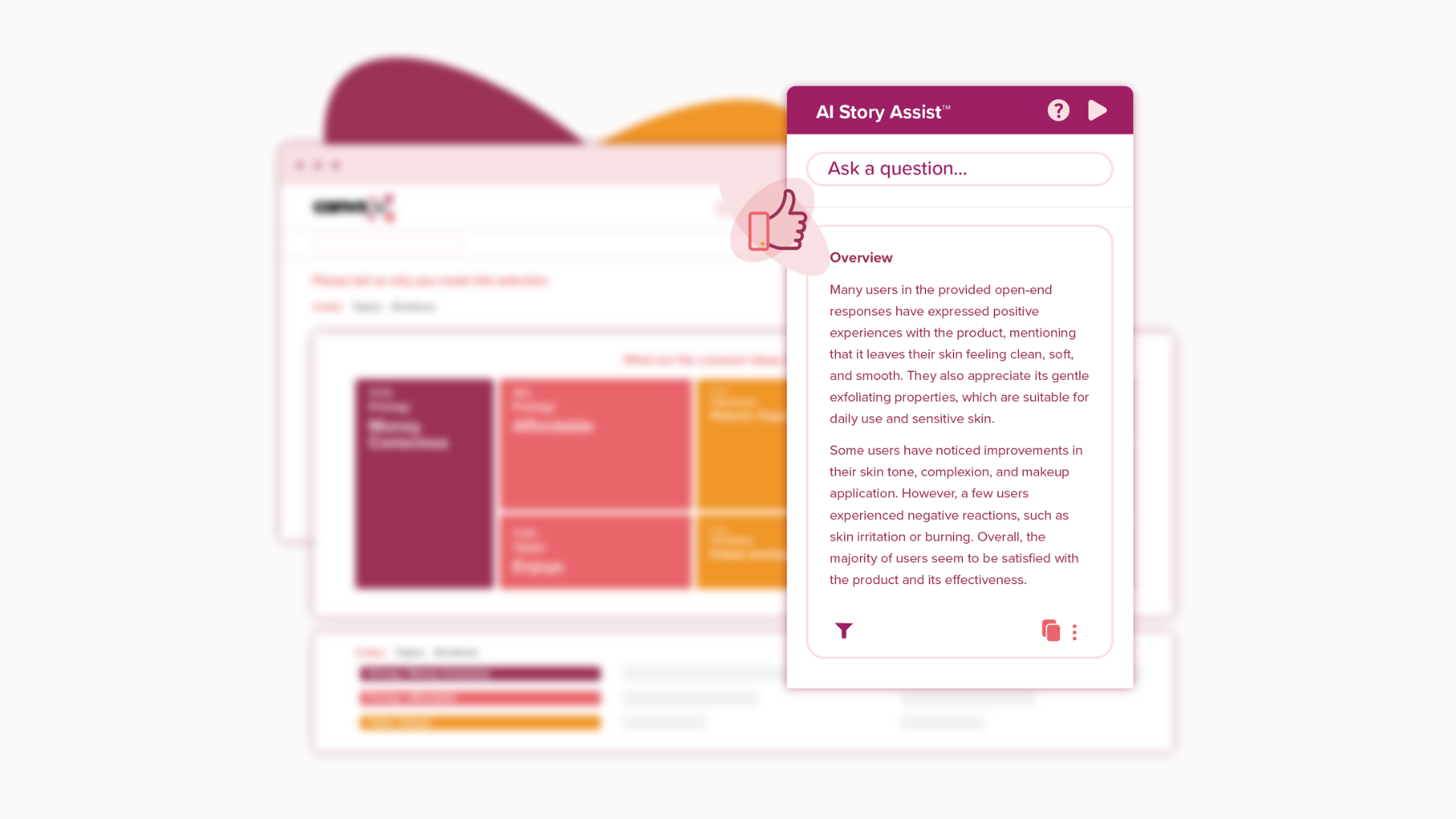Selecting the right Enterprise Resource Planning (ERP) software can seem like a daunting task.
This buyer guide aims to simplify the process by providing you with crucial pointers on what to consider when choosing an ERP system for your business.
What is Enterprise Resource Planning (ERP) Software?
Enterprise Resource Planning (ERP) software is a comprehensive business management system that integrates various processes and functions, such as finance, inventory, sales, and human resources, into one centralized platform.
This allows businesses to streamline their operations, improve efficiency, and make informed decisions based on real-time data. ERP software is designed to provide a holistic view of the entire organization and automate key business processes for increased productivity and profitability.
Businesses of all sizes and industries can benefit from implementing an ERP solution to optimize their resource allocation, enhance collaboration among different departments, and gain competitive advantages in today’s fast-paced business landscape.
Benefits
ERP software helps your business in many ways. It makes it easy to share information between teams. This means your staff can work together better. ERP systems also help you keep track of money going in and out of your business. This helps you plan how to spend or save your money. ERP software can take over boring tasks from the staff too. This lets them focus on more important tasks for the business.
- Easy sharing of information
- Money tracking
- Frees up staff time
- Supports growth
- Data gathering
Types of Businesses That Can Benefit
Many kinds of firms find value in ERP software. Big companies with many staff, offices, and jobs get help from it a lot. It helps them keep track of big projects and manage big budgets.
Small businesses also gain from ERP as it can fit their needs too. They use it to handle things like sales, accounting, and client data all in one place. Even startups can use it since it is easy to grow with this type of tool as the business does the same thing over time.
Industries that have strict rules such as health care or finance often grab at ERP tools for managing tricky tasks easily.
Important Factors to Consider When Choosing an ERP Software
When choosing ERP software, it is crucial to consider several important factors.
Essential features to look for
When choosing an ERP software, it’s important to consider the essential features that will meet your business needs. Here are some key features to look for:
| Feature | Description |
|---|---|
| Advanced Reporting and Analytics | ERP software with real-time reporting capabilities and comprehensive analytics for data-driven decisions. |
| Inventory Management | Robust inventory management features, including tracking stock levels, managing orders, and optimizing supply chain. |
| Financial Management | Strong financial management capabilities like accounts payable/receivable, general ledger, budgeting, and cash flow management. |
| CRM Integration | Seamless integration with CRM software to improve sales forecasting, customer service, and efficiency. |
| Scalability | Ability to support business growth, handle increased transactions, and accommodate more users as needed. |
| Mobile Access | Mobile apps or responsive web interfaces for accessing ERP system information on-the-go. |
| User-Friendly Interface | Intuitive and easy-to-use interface that minimizes the need for extensive employee training. |
Integrations with other software
Integrations with other software are an important factor to consider when choosing an ERP software. Many businesses rely on multiple software applications for different functions, such as accounting, customer relationship management (CRM), and inventory management.
It is crucial that the chosen ERP system can seamlessly integrate with these existing systems to avoid any disruptions or complications.
For example, Salesforce may not be a traditional ERP system, but it can be integrated with ERP systems to enhance functionality. This integration allows for smoother data flow between departments and ensures that all relevant information is accessible from a single platform.
Additionally, when selecting accounting software for your business, it is vital to consider its compatibility with the chosen ERP system. Factors such as compliance requirements, real-time reporting capabilities, approval processes, and inventory management should be taken into account during this evaluation process.
Vendor/company reputation and expertise
When choosing ERP software, it is important to consider the reputation and expertise of the vendor or company. You want to make sure you are partnering with a reliable and experienced provider.
This can be determined by researching user ratings, reviews, and testimonials from other customers. Forbes Advisor has analyzed the top ERP systems based on various metrics, which can be helpful in your decision-making process.
Additionally, check if the vendor specializes in your industry or has experience working with businesses similar to yours. A reputable vendor will also provide excellent customer support and ongoing maintenance for smooth integration and implementation of the ERP system into your business operations.
Costs
Choosing the right ERP software involves considering the costs associated with implementing and maintaining the system. It’s important to not only look at the upfront price but also factor in any ongoing fees, such as licensing or subscription costs.
Additionally, consider any potential hidden costs, such as customization or training expenses. Conduct a cost analysis to determine if the software fits within your budget and aligns with your business goals.
Keep in mind that investing in a reliable and robust ERP system may require a higher upfront cost but can save you money in the long run by improving efficiency and productivity.
Tips for Choosing the Right ERP Software
When choosing the right ERP software, there are several tips to keep in mind. These include determining your business needs, ensuring executive and team support, considering all potential costs, evaluating vendor reputation and expertise, and planning for implementation and ongoing support.
Read on to discover how these tips can help you make the best choice for your business.
Determine your business needs
To choose the best ERP software for your business, start by determining your specific needs. Consider the following factors:
| Factor | Description |
|---|---|
| Size of Your Business | Determine if the ERP software is suitable for small businesses or larger enterprises. |
| Industry-Specific Requirements | Look for ERP systems that cater to the specific needs of your industry, such as manufacturing, healthcare, or retail. |
| Functionalities Required | Identify the key functionalities you need in an ERP system, including inventory management, financial management, human resources, or supply chain management. |
| Scalability | Consider whether the ERP software can accommodate your business’s growth and handle increased data volume and user capacity over time. |
| Integration Capabilities | Check if the ERP system can integrate with other software applications you currently use, such as CRM or project management tools. |
Ensure executive and team support
To choose the best ERP software for your business, it is crucial to have support from both executives and the team. When executives are on board with implementing an ERP system, they can allocate resources and provide necessary funding.
Team members also need to be involved in the decision-making process because they will be using the software regularly. Their input can help identify specific requirements and ensure that the chosen ERP system aligns with their needs.
By ensuring executive and team support, you can increase the chances of successful implementation and adoption of the new ERP software.
Consider all potential costs
Choosing the right ERP software involves considering all potential costs. This includes not only the upfront cost of purchasing the software but also ongoing maintenance and support fees.
It’s important to also factor in any additional costs such as hardware upgrades, training for employees, and customization or integration with other systems. By carefully evaluating all potential costs, you can ensure that you are making a well-informed decision and avoid any unexpected financial burdens down the line.
Forbes Advisor has analyzed the top ERP systems to help you make a cost-effective choice that aligns with your business needs.
Evaluate vendor reputation and expertise
When choosing an ERP software, it’s important to evaluate the reputation and expertise of the vendors. Look for vendors that have a good track record and positive reviews from other customers.
You can also consider the vendor’s experience in implementing ERP systems, as well as their understanding of your industry. It’s essential to choose a vendor who has the necessary knowledge and expertise to support your business needs effectively.
By selecting a reputable and experienced vendor, you can ensure that you will receive quality service and ongoing support throughout the implementation process and beyond.
According to Forbes Advisor, there are various ERP systems available, so it’s crucial to compare user ratings, reviews, pricing, and resources before making a decision. The NetSuite Blog recommends considering factors such as pinpointing your business requirements, determining a budget, analyzing different ERP systems like SAP or QuickBooks (widely used accounting software), and evaluating their key features before finalizing a vendor.
Plan for implementation and ongoing support
To ensure a smooth implementation and ongoing support for your chosen ERP software, follow these steps:
| Step | Description |
|---|---|
| Create a Detailed Implementation Plan | Outline the tasks, responsibilities, and timeline for each phase of the implementation process. |
| Allocate Resources | Determine the budget, personnel, and infrastructure needed to implement and maintain the ERP software effectively. |
| Train Your Team | Provide comprehensive training for employees who will be using the ERP system to maximize its benefits. This includes training on new processes, features, and functionalities. |
| Communicate with Stakeholders | Keep all relevant individuals informed about the implementation progress and any necessary changes or updates. |
| Evaluate Ongoing Support Options | Identify how the vendor provides ongoing support, such as technical assistance, updates, and troubleshooting. Consider factors like response time and availability. |
| Establish Key Performance Indicators (KPIs) | Define metrics that will help assess whether the ERP software is achieving its intended goals and delivering value to your business. |
| Plan for Data Migration | Develop a strategy for transferring existing data into the new ERP system accurately while minimizing disruption to daily operations. |
| Conduct Periodic Reviews | Regularly review how well the ERP system is meeting your business needs and address any issues or concerns promptly. |
Conclusion
In conclusion, choosing the right ERP software for your business is crucial for efficient operations and growth. By considering factors such as essential features, vendor reputation, costs, and implementation process, you can make an informed decision.
Remember to determine your business needs and secure support from executives and teams throughout the selection process. With careful planning and evaluation, you can find the best ERP software that meets your organization’s unique requirements.
Author
-
Anisha Jain, a dynamic professional in the sports SaaS industry, transitioned from economics to digital marketing, driven by her passion for content writing. Her tenure at TBC Consulting culminated in her role as CEO, where she honed her skills in digital strategy, branding, copywriting, and team management. Anisha's expertise encompasses various aspects of digital marketing, including 360-degree marketing, digital growth consulting, client communication, and business development, making her a versatile asset in the SaaS domain.
View all posts


